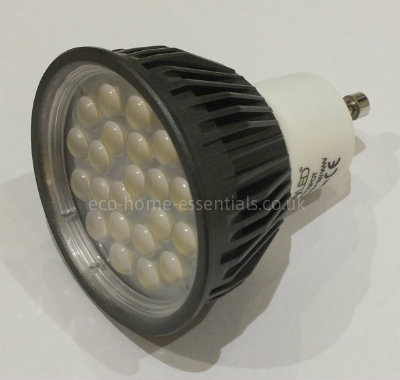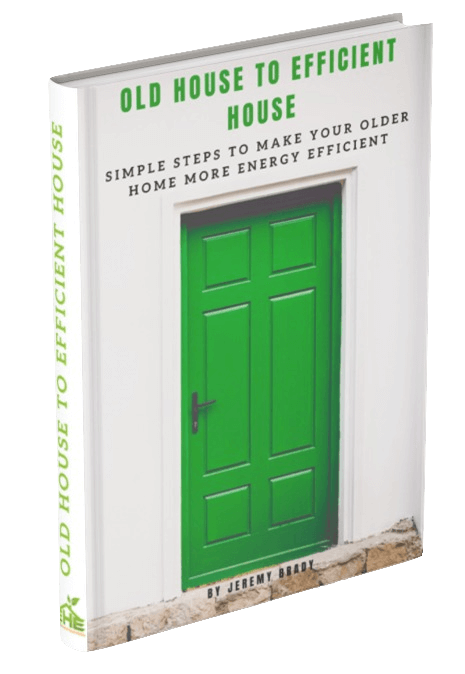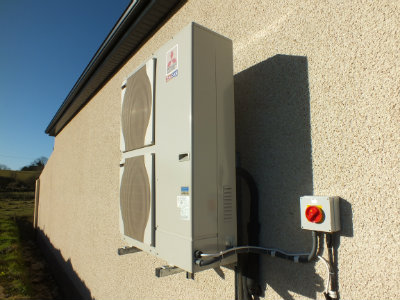- Home
- Green Grants
Green Energy Grants
Whether you call them green energy grants or renewable energy grants, it doesn’t matter. What we really want to know is can we get some help towards the cost of installing renewable technologies within the UK?
The short answer is yes, but it depends which technology you’re considering and as usual it’s not always as straight forward as you might hope.
Thankfully, the renewable companies who’re quoting for your business will normally look after the application process on your behalf. After all if you don’t get your green energy grants then you likely won’t buy from them.
That said it’s important to have a good understanding of what’s available and ultimately what each of the renewable energy grants might be worth to you.
It’s also worth pointing out that while the grant rates (i.e. £/kWh) provided are accurate. The amount of energy your panels, biomass boiler or heat pump etc. will produce will be variable depending on external conditions and this will ultimately affect the amount of grant paid to you.
For example your solar panels will likely be at a slightly different orientation and elevation and the shading will likely be different to your neighbours.
Your biomass boiler may have a different heat load as your wall or roof insulation may be better or worse that your neighbours.
All these things will have a bearing on the total amount of heat you require or the total amount of electricity you produce etc.
Which is why it’s so important to get all the specific calculations carried out on your property or proposed installation, before you commit to any one company.
What are the main Green Energy Grants Available?
Below are the main grants available throughout the UK. You can get more information on each of these grants by following the individual links to specific articles on each one.
- Domestic Renewable Heat Incentive (RHI) – The domestic RHI shouldn’t be confused with the non-domestic RHI. The scheme itself is the same however the duration of the scheme is very different.
They both give you a payment for producing units of heat measured in kWh (kilowatt hours). The amount of payment you get is based on the heat requirement for your property.
Once the calculation is done and submitted that is the amount of payment you will get for the duration of the grant, regardless of whether you actually use more or less than the calculated amount in any one year.
The ideal behind the RHI is to offer a payment schedule that is aimed at covering the cost of installing your renewable heating system and running it over the life expectancy of the system (20 years). - Feed in Tariff (FiT) – This is a scheme which covers the generation of electricity from renewable sources such as solar PV panels and wind turbines etc.
You get paid for producing green electricity, you then get paid again for any electricity which you don’t use on site and sell back to the grid. Plus your electricity bill will reduce as you use the remainder of the electricity you produce, within your home. - Northern Ireland Renewable Obligation Certificates (NIROCs) – These are as the name suggests used in Northern Ireland and are equivalent to the Feed in Tariff on mainland UK.
They work in a similar way with you getting paid for producing electricity and paid a second time for any unused electricity that you sell back to the grid.
These are the main green energy grants available throughout the UK however there will likely be others which are local to your area. So I’d suggest getting in touch with your local authority who will be able to advise you of any specific local renewable energy grants available to you.
The green energy grants listed above are not means tested and are available to almost everyone. There are other means tested grants available to people who are claiming benefits or allowances. These are designed to help make your home more thermally efficient or to help with fuel costs etc.
If this is something you feel you might be eligible for again I’d suggest getting in contact with your local authority who will be better be able to provide advice on these as they are very specific to your individual circumstances.














New! Comments
Have your say about what you just read! Leave me a comment in the box below.